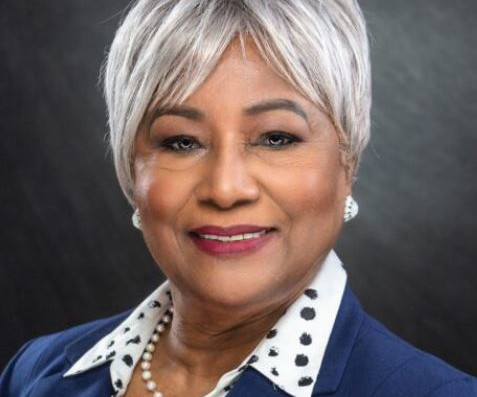US: ISU partners with University of Havana
The PIE News
APRIL 21, 2023
He also expressed his eagerness to move forward on research collaboration “with University of Havana faculty”. He also expressed his eagerness to move forward on research collaboration “with University of Havana faculty”.












Let's personalize your content